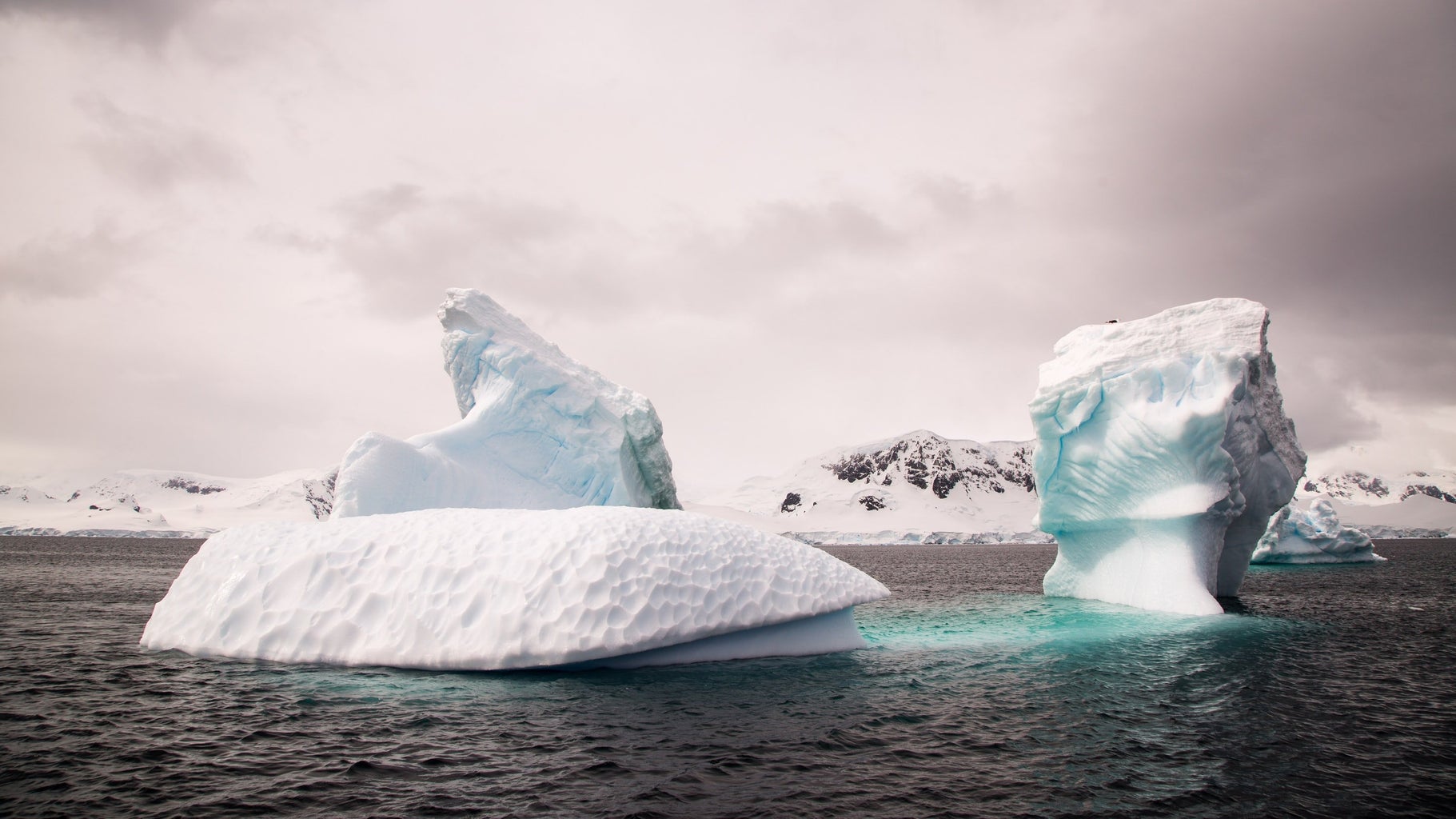If you’re like me, you may have been seeing many videos about “The Willow Project” on the internet recently. If it’s been all over your For You page, but you still don’t have a clear grasp on what it all means, here is a quick rundown of what’s happening and why concern is spreading like wildfire.
The Willow Project is a $6 billion oil and gas drilling project proposed by ConocoPhillips that would take place inside Alaska’s National Petroleum Reserve. The company cites its estimated production of up to 180,000 barrels of oil per day, between eight and $17 billion revenue for the federal government, and creation of 2,500 construction jobs as the driving benefits for approving the plan. It was initially given the green light by the Trump administration but halted by a federal judge in 2021 who found the environmental assessment inadequate.
Many are criticizing Biden, who placed an emphasis on combating climate change during his 2020 presidential campaign, including a pledge to end new oil drilling on federal lands, for possibly going through with this plan. The proposal, evaluated by the Bureau of Land Management (BLM) within the Biden administration, would produce around 9.2 million metric tons of carbon dioxide annually. According to Reuters, the most widely supported proposed alternative involves three drilling sites instead of five and reduces the surface infrastructure (including pipelines, roads, and bridges) by 12% to decrease possible, more immediate impact on polar bear and yellow-billed loon habitats.
So, if there’s an improved alternative, why are young activists up in arms? The main concern comes from the long-term environmental impact, which even the BLM has voiced its concern about. 9 million metric tons of carbon emissions is the equivalent of driving around 2 million gas-powered cars or burning 51,000 rail cars’ worth of coal, according to calculations by The Washington Post.
Gen Z is naturally frightened, as a rise in greenhouse gas emissions this large poses a dangerous threat to current efforts in combating climate change. The worry is that the damage will be irreversible – eliminating the chance to prolong human life on earth and ensure our generation’s survival. As we head into the coming weeks, with decisions on this drastic plan to be released soon, I encourage you to pay attention to the news, findings, and concerns as you form your own opinion about what this could mean for our lives.



